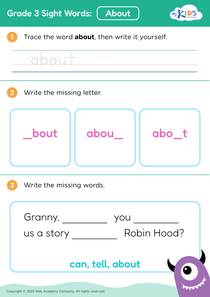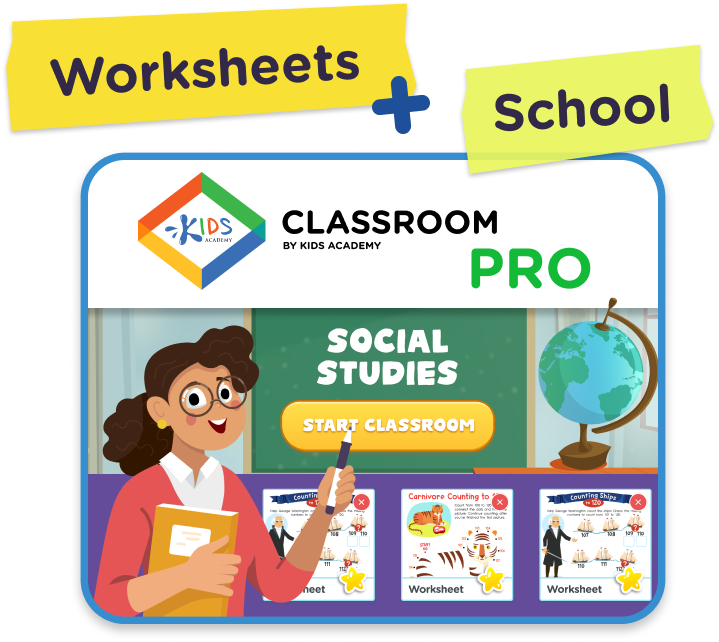Critical thinking development Grade 3 Worksheets
10 filtered results
-
From - To
Nurture your third grader's critical thinking skills with our expertly crafted Grade 3 Worksheets. Designed to challenge young minds, these worksheets encourage logical reasoning, problem-solving, and analytical thinking through fun activities. Each sheet enhances students' abilities to draw conclusions, understand relationships, and make informed decisions. Engaging puzzles, complex patterns, and thought-provoking questions keep learning exciting and dynamic. Ideal for classroom use or at-home practice, our worksheets provide an excellent foundation for future academic success. Equip your child with the essential tools for critical thinking development at Kids Academy and watch their confidence soar!


Ancient Inventions and Discoveries Worksheet


Balanced Forces Worksheet


Discovered Check: Puzzle 4 Worksheet


What is Checkmate? Worksheet
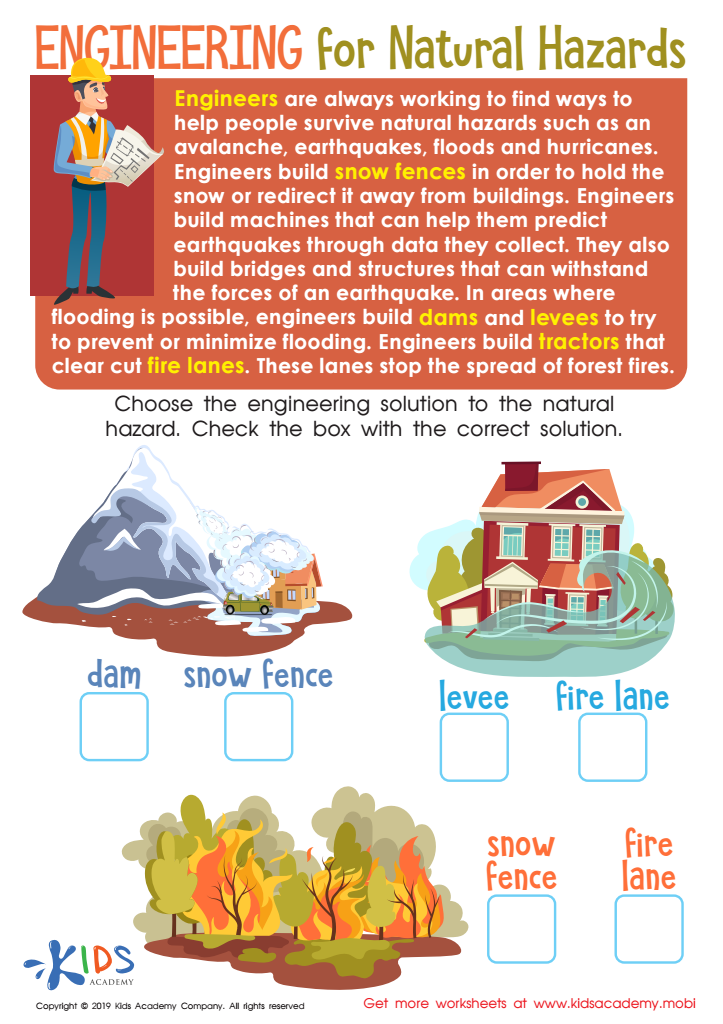

Engineering Natural Hazards Worksheet
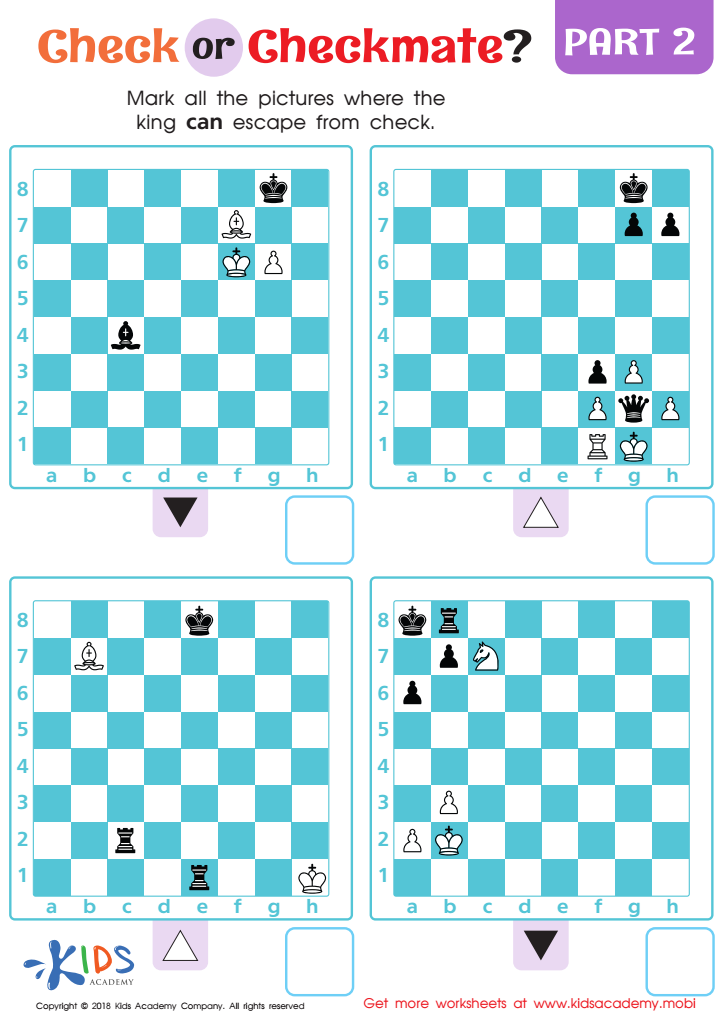

Check or Checkmate: Part 2 Worksheet
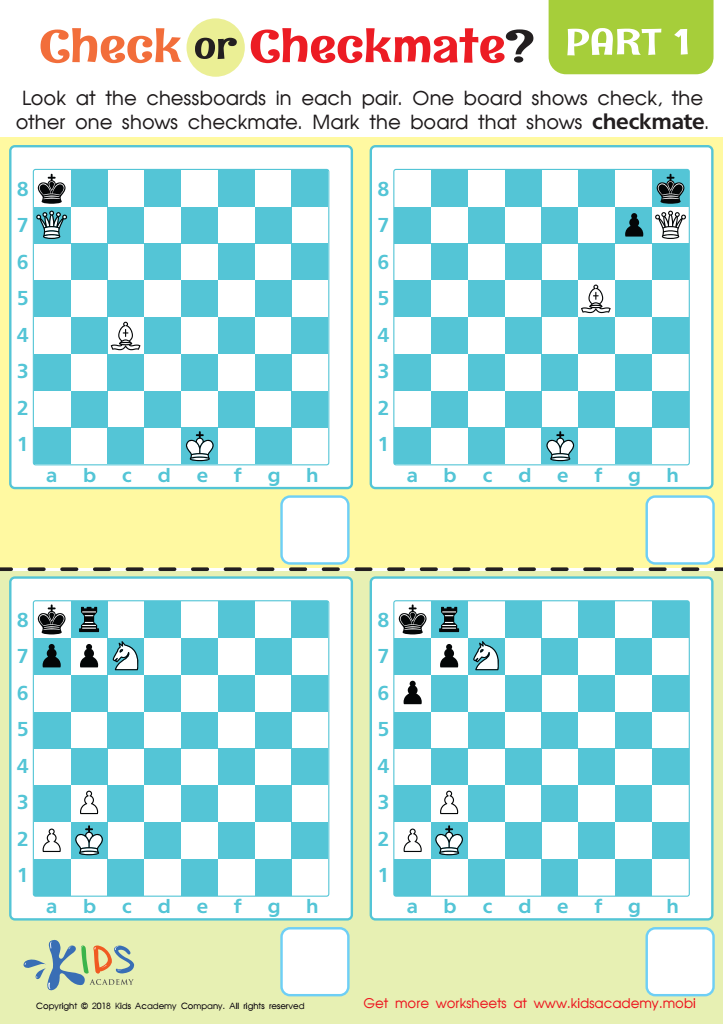

Check or Checkmate: Part 1 Worksheet
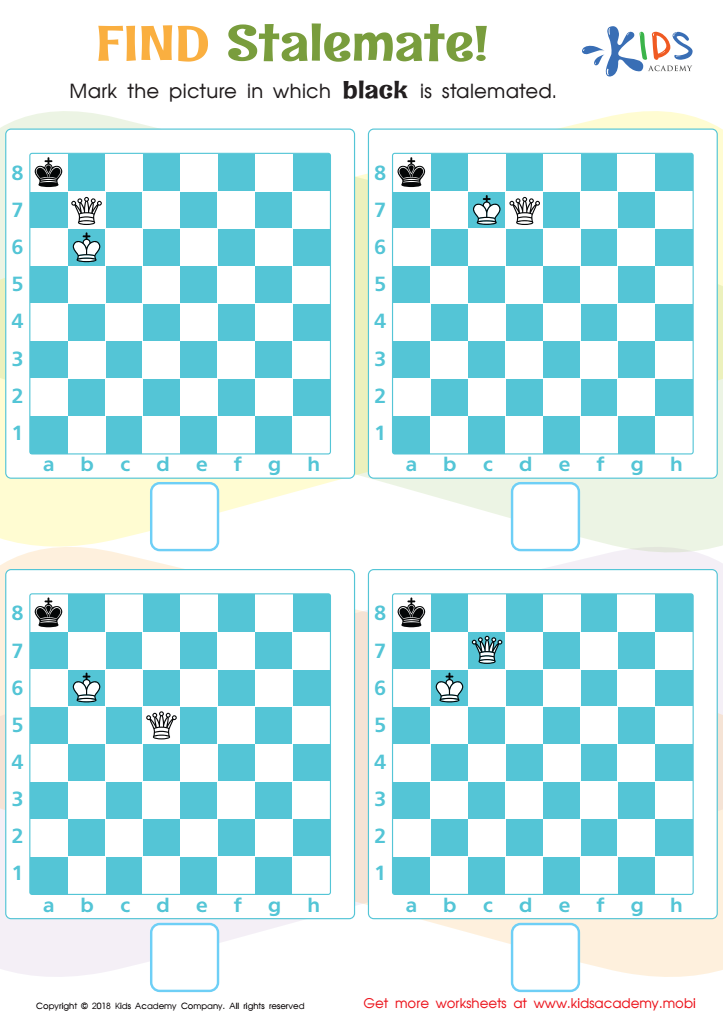

Find Stalemate! Worksheet


Compare Two Sources Worksheet
Critical thinking development in Grade 3 is essential for a child's overall academic and personal growth. At this age, children are naturally curious and eager to explore the world around them. Encouraging and nurturing critical thinking skills helps them learn how to ask the right questions, analyze information, and make well-reasoned decisions. This foundational ability is critical because it extends beyond academic learning and equips children with the tools they need to navigate life's various challenges.
For parents and teachers, fostering critical thinking in third graders can result in improved problem-solving skills and a better understanding of subject material across all areas including math, science, and reading. It also encourages independence and confidence, enabling children to tackle complex tasks and think creatively and "outside the box." Moreover, critical thinking promotes social-emotional growth; children learn to understand different perspectives, resolve conflicts, and make thoughtful, empathetic choices.
In today's fast-paced world, the ability to think critically is more important than ever. It helps children become informed, reflective, and active members of society. By focusing on developing these skills early on, we set the stage for motivated, lifelong learners who are adaptable and capable of making significant contributions to their communities.
 Assign to My Students
Assign to My Students












